
Trump Claims Tariffs Ended Six Wars: The Politics Behind His Latest Foreign Policy Assertion

Trump’s “Tariffs for Peace” Doctrine: How Economics Became the Centerpiece of His Global Power Narrative
Former U.S. President Donald Trump’s latest remarks have reignited debate over his long-standing approach to economic and foreign policy. In a recent press conference, Trump claimed that his use of tariffs had directly ended “most” of the seven wars he says he resolved since returning to office. The assertion—bold even by his standards—illustrates his continued effort to link trade policy with global stability, blending his trademark economic populism with an unusually sweeping interpretation of international diplomacy.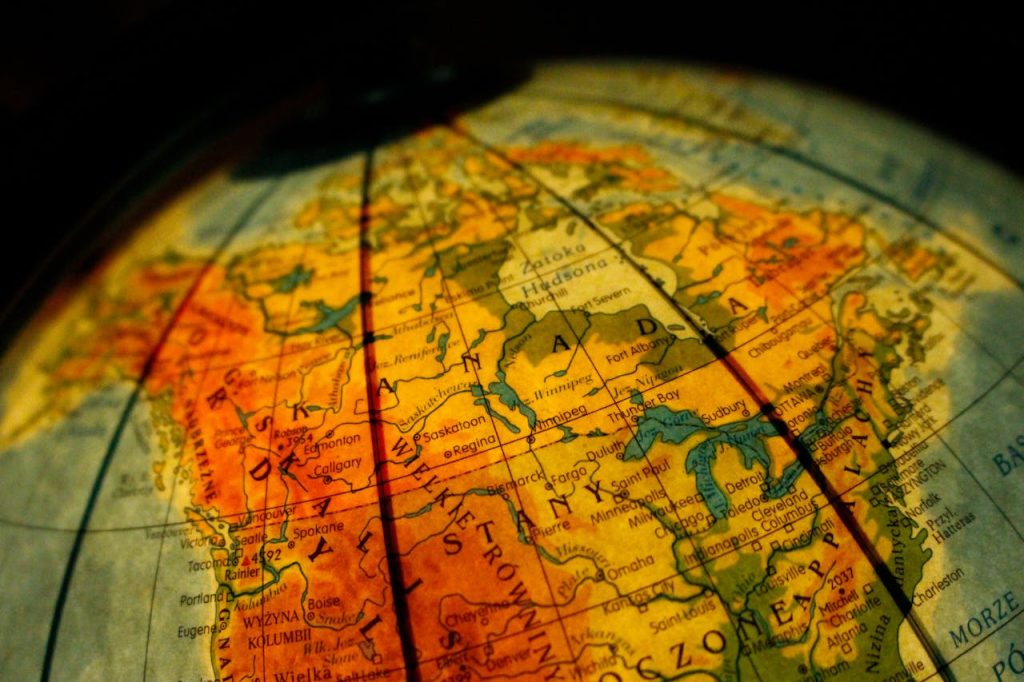
Tariffs as a Tool for Peace
From the Oval Office, flanked by FBI Director Kash Patel and senior Justice Department officials, Trump pivoted from a question about China to a vigorous defense of tariffs as a cornerstone of national defense. “If we didn’t have tariffs, we would be exposed as being a nothing,” he declared. “We would have no defense … if we don’t have tariffs, we’re not going to have national security.”
He went further, arguing that tariffs were not merely instruments of trade but of diplomacy and deterrence. “Of the eight wars, I was saying seven of the eight wars, I would say tariffs are directly responsible for me ending six of them, five or six,” Trump claimed. “Without the tariffs, you have wars raging all over the world.”
As an example, Trump recounted an alleged phone call with leaders of India and Pakistan, claiming he threatened to impose a 200 percent tariff if hostilities continued. “I said to both of them, if you go to war, I’m going to put a 200 percent tariff and stop you from doing business in the United States. Within 24 hours, the war ended. That would have been a nuclear war,” he said.
This story—placing himself at the center of global de-escalation—presents tariffs as an immediate, unilateral deterrent wielded through personal authority. It reflects Trump’s recurring narrative style: one where direct threats and transactional leverage achieve results that conventional diplomacy cannot.
Fact-Checking the Claim
Independent verification tells a different story. A review by FactCheck.org found no evidence supporting Trump’s assertion that tariffs directly ended any wars. Analysts interviewed emphasized that while economic pressure can sometimes reinforce diplomatic negotiation, it rarely serves as a singular mechanism for ending conflicts. “The seven wars I stopped, four of them were because of tariffs and trade,” Trump has said on multiple occasions—claims experts broadly describe as “wildly overstated.”
Political scientists note that his comments function less as empirical analysis and more as political storytelling—a way to dramatize his leadership style and economic worldview. The portrayal of tariffs as peacekeeping tools aligns with his long-standing effort to equate financial assertiveness with national strength.
The Economics Behind the Rhetoric
Economists overwhelmingly agree that tariffs are paid by domestic importers and ultimately by consumers, not by foreign governments. According to the nonpartisan Peterson Institute for International Economics, tariffs act as a tax on domestic buyers, often prompting retaliatory measures that ripple through global markets.
Despite this, Trump’s framing of tariffs as an engine of peace fits his broader “America First” narrative, where economic independence is equated with moral and geopolitical strength. For his supporters, tariffs symbolize toughness and self-sufficiency; for critics, they reflect isolationism and misunderstanding of trade mechanics.
During his first presidency, Trump’s trade war with China reshaped global supply chains and shook markets in agriculture, technology, and manufacturing. Yet politically, it solidified his brand as a leader unafraid to weaponize the U.S. economy—a theme he continues to emphasize as he campaigns to reclaim the White House.
Foreign Policy Through an Economic Lens
Trump’s claim that tariffs ended six wars exemplifies a consistent theme in his worldview: that financial leverage is the ultimate form of diplomatic strength. This approach mirrors his tactics toward NATO funding, North Korea, and Iran—cases in which he used economic coercion and transactional threats instead of traditional diplomacy.
To Trump, international relations are less about long-term alliance-building than about deal-making. His self-described “transactional diplomacy” treats trade and security as part of the same negotiation table. Yet experts caution against oversimplification. As foreign policy analyst Dr. Evelyn Farkas told Reuters, “Economic tools are important for leverage, but conflating tariffs with peacekeeping oversimplifies complex regional dynamics.”
The Politics of the Statement
Strategically, Trump’s rhetoric serves dual political purposes. It reinforces his populist message that national strength arises from economic control, while recasting him as a stabilizing global force—someone who prevents wars not through treaties but through sheer financial pressure.
The timing of these remarks is hardly coincidental. With tensions in the Middle East and rising competition with China dominating global headlines, Trump’s focus on tariffs as a deterrent resonates with voters nostalgic for his “peace through strength” era. The narrative is simple, emotionally potent, and politically useful: America’s prosperity equals peace, and tariffs are the proof.
Economics, Power, and Perception
Trump’s statements raise broader questions about how power operates in the twenty-first century. As global conflicts increasingly hinge on trade, technology, and sanctions rather than troop movements, the line between economics and security continues to blur. His narrative—casting tariffs as tools of deterrence—captures a growing belief that financial dominance can replace military might in achieving geopolitical influence.
The allure of this idea lies in its simplicity. For a public weary of foreign wars, the notion that peace can be bought or enforced through economic policy offers reassurance without sacrifice. But it also underscores the power of perception in modern governance. Leaders who can connect economic assertiveness to national pride often gain enduring influence, regardless of factual accuracy.
The Legacy of a Claim
Trump’s assertion that tariffs ended multiple wars may not survive factual scrutiny, yet its political impact endures. It cements his persona as the master negotiator who wields commerce as a weapon of peace. Beyond policy, the claim embodies the transformation of economic nationalism into a storytelling tool—a way to frame leadership as both protective and powerful.
Ultimately, Trump’s “tariffs for peace” philosophy is less about economics than about image. It reflects a modern political truth: in an age where perception often outweighs policy, leaders who control the narrative of strength can redefine what power means.
As legal debates continue over the extent of presidential tariff authority, Trump’s comments remind observers that his political capital has always depended on a simple formula—commerce as control, policy as performance, and economics as theater. Whether or not his tariffs ever ended a war, they’ve certainly kept his narrative alive.
News in the same category

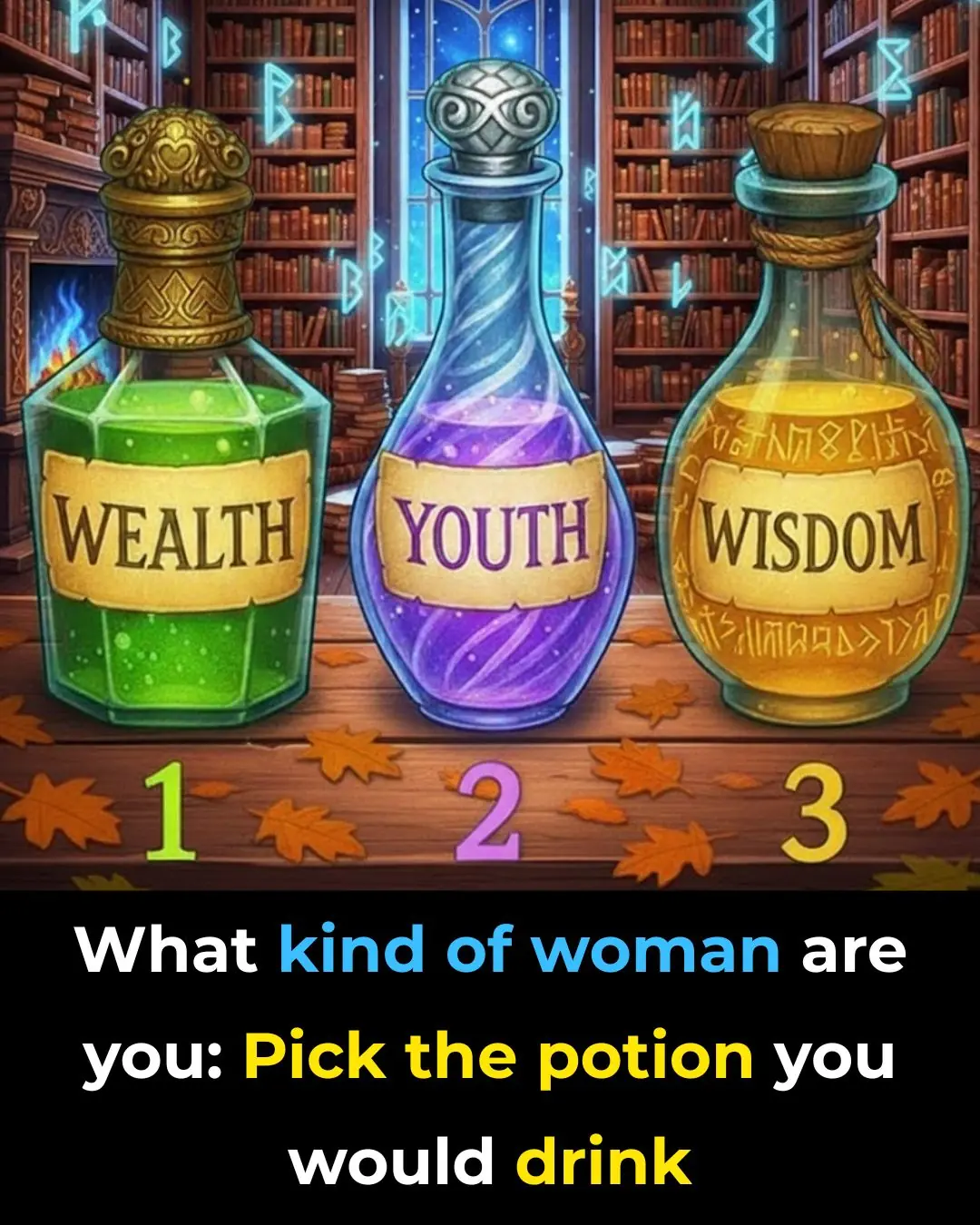
Choose a Potion
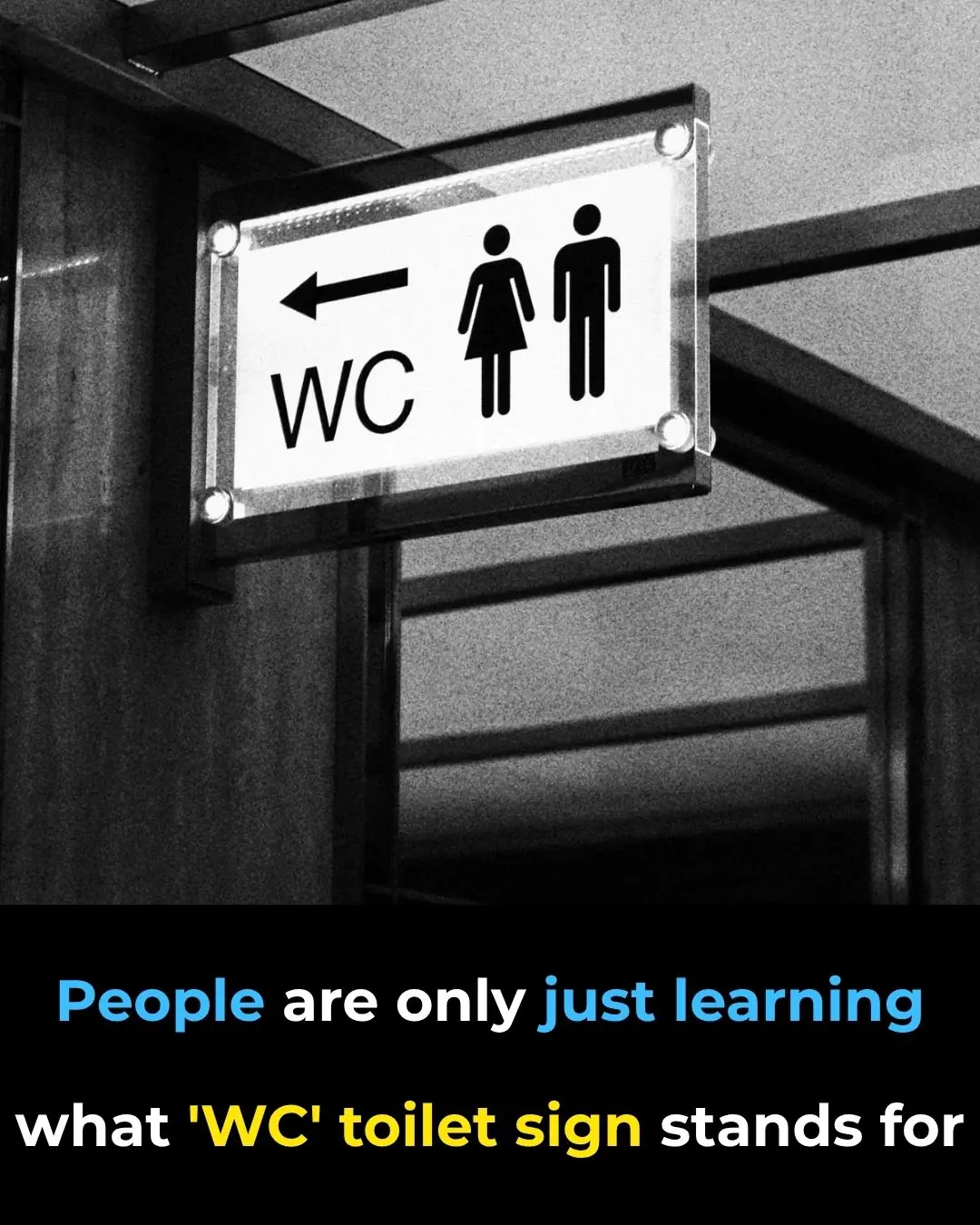
The Meaning Behind the WC Toilet Sign

Scientists Catch Grumpy Cat of the Himalayas on Camera for the First Time

Most people will go their entire lives without ever knowing what the microwave ring cover is actually for

The reason behind children not visiting their parents
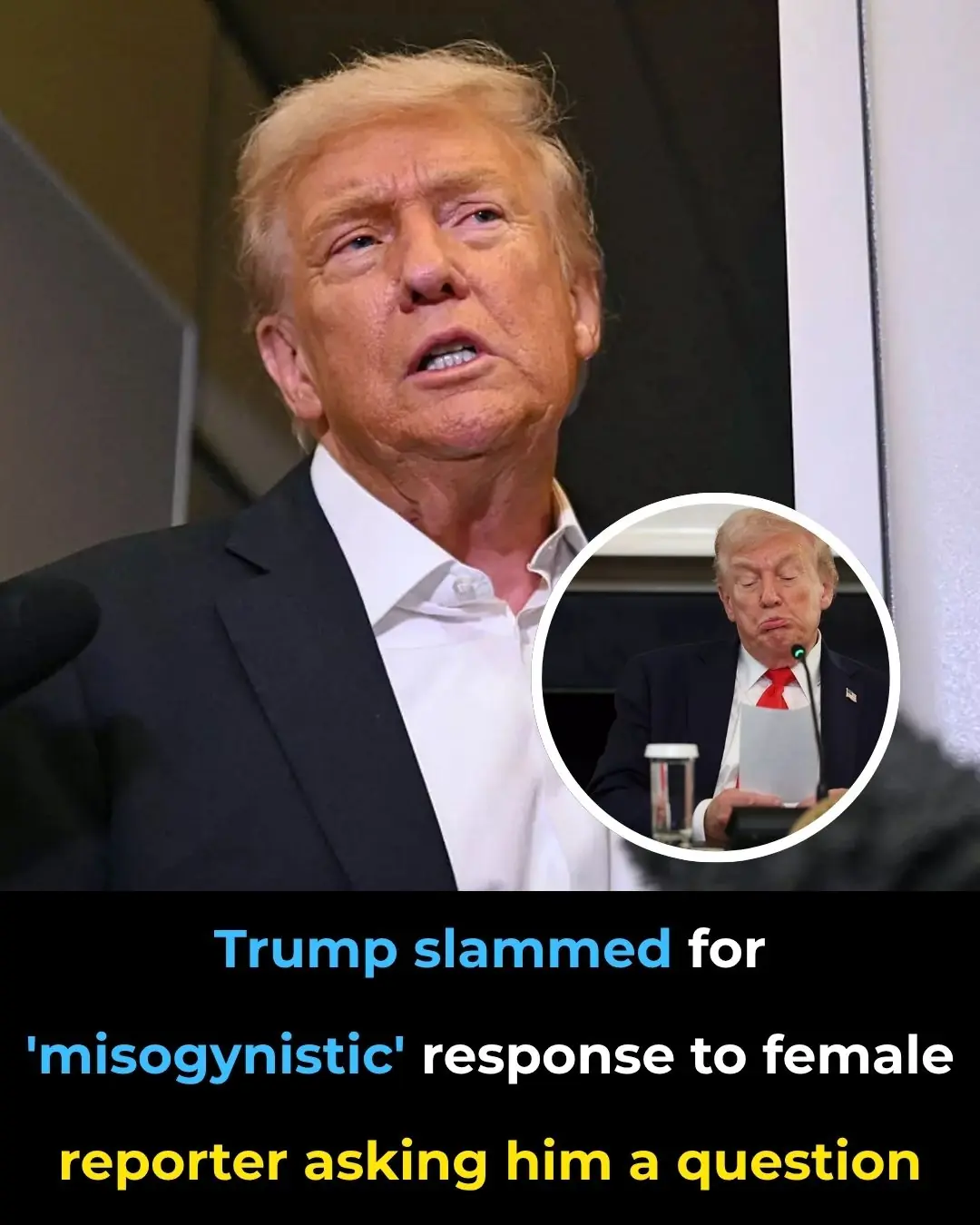
Backlash Grows After Trump’s Dismissive Comment to Female Journalist

Scientists Just Won a Nobel Prize for Discovering How to Stop Your Immune System from Attacking You

What’s the Reason Behind Painting Trees White?
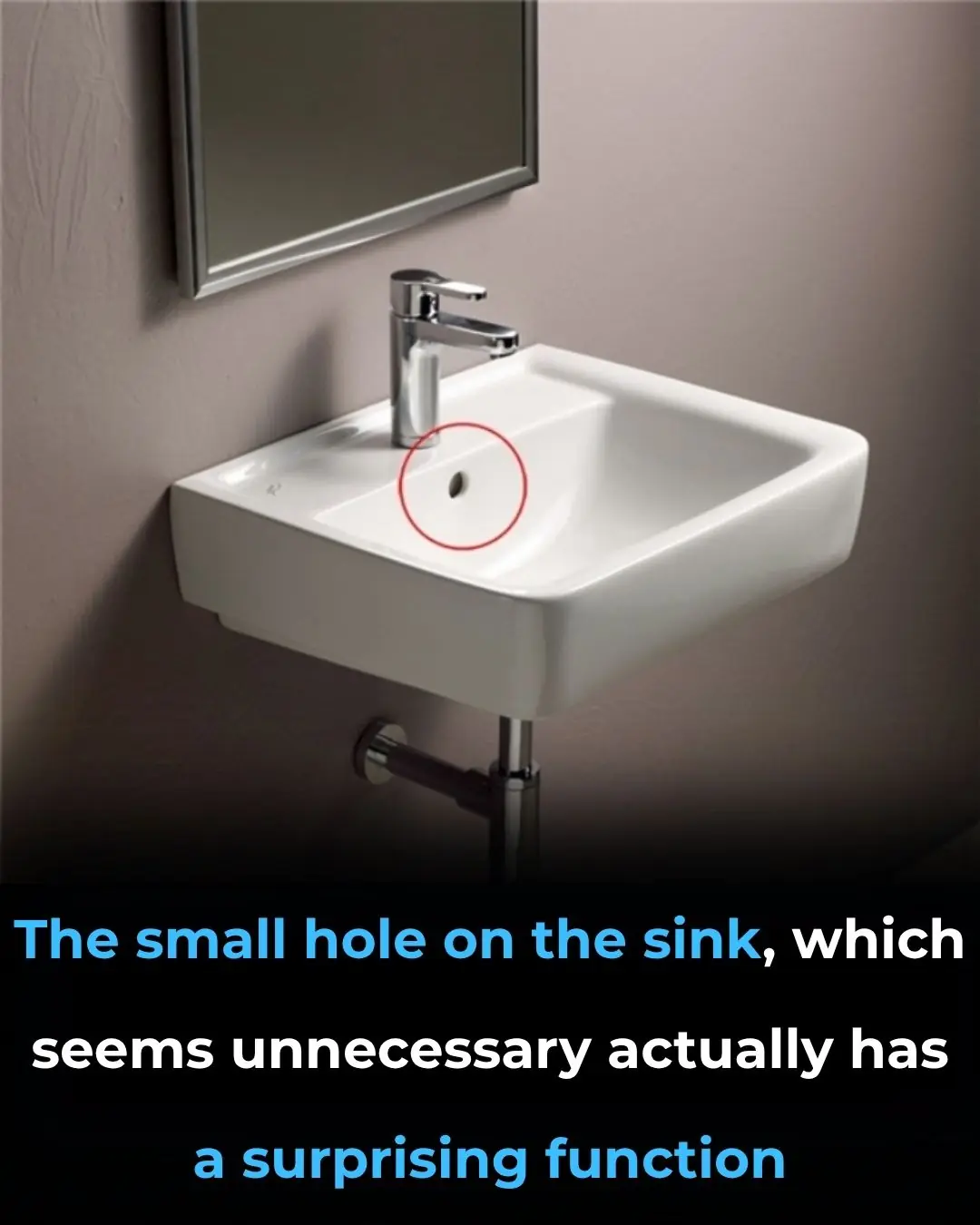
The Purpose of the Overflow Hole in Your Sink You Never Knew

The reason behind children not visiting their parents

Powerball Winner Turns $2 Billion Fortune Toward Rebuilding Fire-Ravaged L.A. Homes

The Astonishing Claim That Humans Might Be Built for 20,000 Years

Signs Your Adult Child May Resent How You Raised Them

What’s the Reason Behind Painting Trees White?

When ants randomly crawl into the house, here's what the Universe is trying to tell you

6 things in the house that reveal a messy woman

What it means to let your gray hair grow and not dye it, according to psychology
News Post

A Hug That Heals: Rescuing a Traumatized Child

Compassion on the Menu: Argentinian Restaurant Gives Stray Dogs a Place to Belong

Stranded on the Highway — and Then 9 Strangers Changed Everything.

A Long Push, A Quiet Kindness.

Top 3 Natural Remedies for Tooth Decay Using Guava Leaves

Life Skills in Action: How a 14-Year-Old Saved the Day on a Family Road Trip

The Gift of Life: How Blood Donations Save Children Fighting Cancer

The Secret to Perfectly Sweet and Fluffy Boiled Sweet Potatoes: Add Just One Spoon of This!

Surviving the ICU: Carter’s Story of Strength and Grace

A Night to Remember: 19-Year-Old Austin Takes His 89-Year-Old Great-Grandma to Prom

How to Store Fresh Ginger for Up to a Year — No Fridge Needed!

Our Oldest Rescue, Tiger, Crosses the Rainbow Bridge: A Legacy of Love and Hope

Halo’s Second Chance — A Promise of Forever

Why should you put your suitcase in the bathroom when checking into a hotel: Extremely important reason, those who don't know are at a disadvantage

The washing machine accumulates a lot of dirt and bacteria: Pour 1 bowl of this into the washing drum to clean like new, clothes smell fresh right away
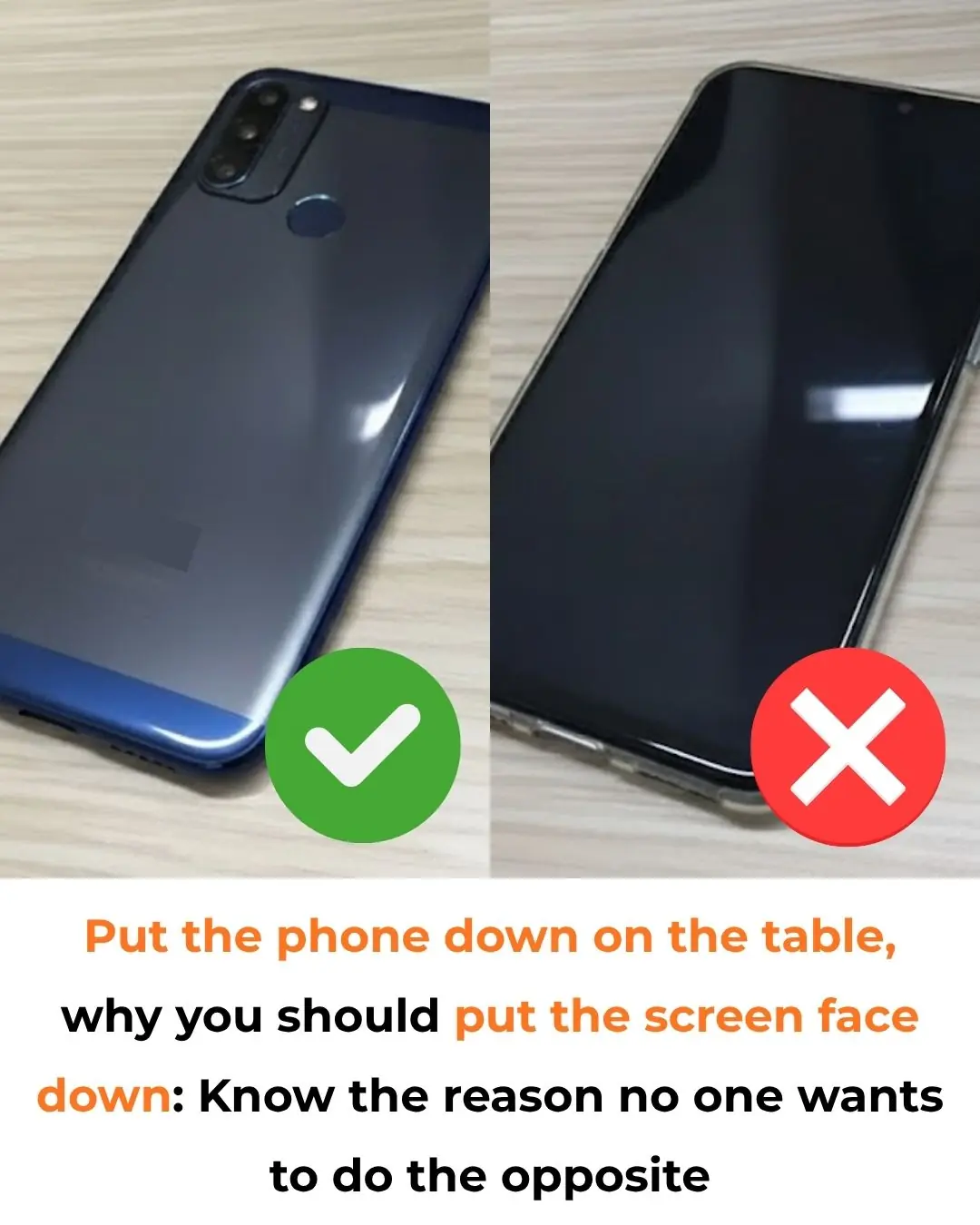
Put the phone down on the table, why you should put the screen face down: Know the reason no one wants to do the opposite

Comfrey Fertilizer: The Secret Natural Booster Your Garden Needs

Crush a handful of these leaves and put them in the room, all the mosquitoes will fly away, so you can sleep with peace of mind

Don’t Just Put Shrimp Straight into the Fridge! Do This Extra Step and Keep Shrimp Fresh and Delicious for Up to a Month Without Losing Flavor
